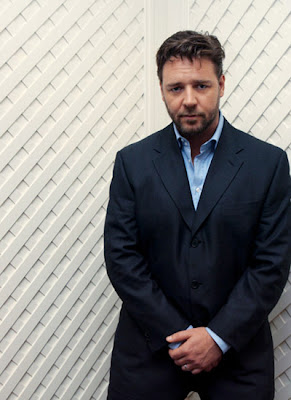
You gotta know when to fold 'em! As I red the news about celebrity poker players, I caught my attention to Russell Crowe. In the news, an Oscar-winning Hollywood actor Russell Crowe is pushing to oust poker machines from an Australian sports club, after research showed half the money spent on gambling came from welfare payments.
Russell Crowe axed scantily dressed cheerleaders from his South Sydney Rabbitohs rugby league club, believed the club should not rely on gambling to make money, co-owner Peter Holmes a Court told local media. The banks of poker machines are a staple in many Australian pubs and clubs, with the earnings underwriting other club activities and contributing billions of dollars in tax revenue to state governments.
Russell Crowe axed scantily dressed cheerleaders from his South Sydney Rabbitohs rugby league club, believed the club should not rely on gambling to make money, co-owner Peter Holmes a Court told local media. The banks of poker machines are a staple in many Australian pubs and clubs, with the earnings underwriting other club activities and contributing billions of dollars in tax revenue to state governments.
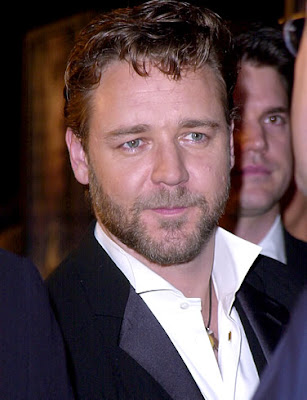
However, problem gambling is gaining greater attention, with federal politicians recently attacking state governments for relying too heavily on poker machine takes. Russell Crowe wants the club, which is located in one of Sydney's less affluent regions, to dump 160 poker machines that local media estimated contributed about A$7 million ($6 million) in revenue a year. Research had shown welfare payments made up 33 to 70% of the money gambled on poker machines in low income areas with high unemployment, Holmes a Court said. The proposal has to be approved by the club's board, but he hoped the club would be able to make up the revenue shortfall through other activities and would also be able to attract new sponsors.
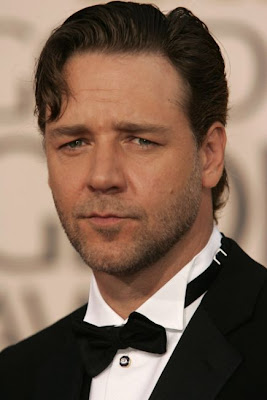
About Russell Crowe: Russell Crowe's success was, at this point, only limited to the land of kangaroos and koalas, until a certain Sharon Stone caught his Romper Stomper performance and was convinced that he was the perfect fit for her film The Quick and the Dead. Crowe was the only positive part of the film, which stayed true to its name and died quickly at the box-office.
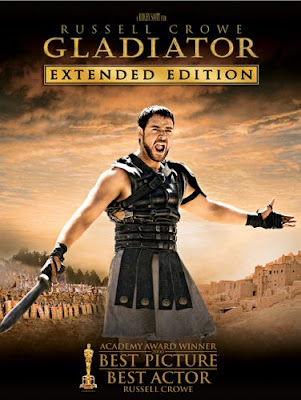
In 1999, Crowe's portrayal of real-life whistle-blower Jeffrey Wigand in the drama The Insider earned the actor rave reviews, as well as a Best Actor Oscar nomination. As Roman general Maximus in the blockbuster epic, Gladiator, Russell Crowe showed moviegoers and critics alike that he was unstoppable in the Roman arena, and in Hollywood, with his Oscar for Best Actor in a Motion Picture in 2001.
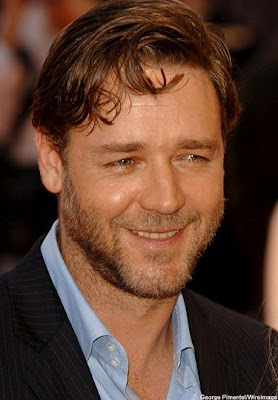
Russell Crowe beat out Hollywood stalwart Tom Hanks, among others, to take home the Oscar. Gladiator won in five categories, including the night's biggest honor, Best Picture. His Maximus role also garnered him Best Actor awards from the Broadcast Film Critics Association, San Diego Film Critics, and Dallas-Fort Worth Film Critics Association.
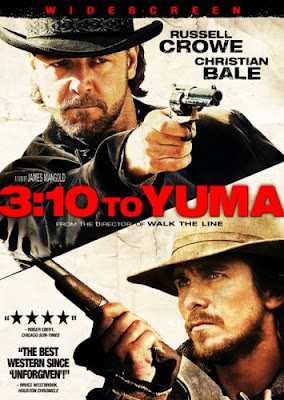

Moreover, Crowe's movies soared high in the movie scene including: Cinderella Man, Master and Commander, American Gangster, A beautiful Mind and 3:10 to Yuma.
Born in New Zealand, Crowe was raised in Australia, where he was first recognized for his work on the screen. He was honored for three consecutive years by the Australian Film Institute (AFI), beginning in 1991 when he was nominated for Best Actor in a Lead Role for "The Crossing."
The following year, he won the AFI's Best Supporting Actor Award for "Proof," and in 1992 he received Best Actor Awards from both the AFI and the Australian Film Critics Circle for his performance in the controversial feature "Romper Stomper," which brought him international attention.
No comments:
Post a Comment